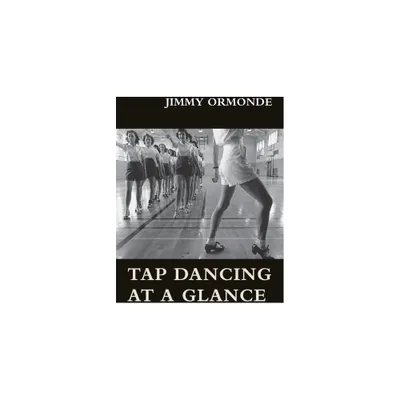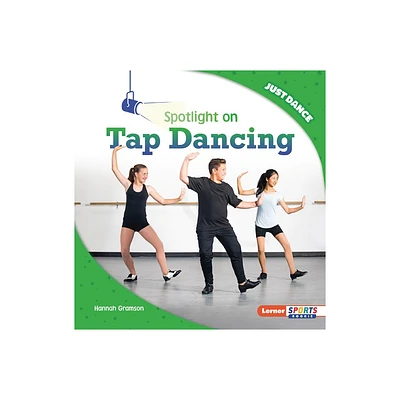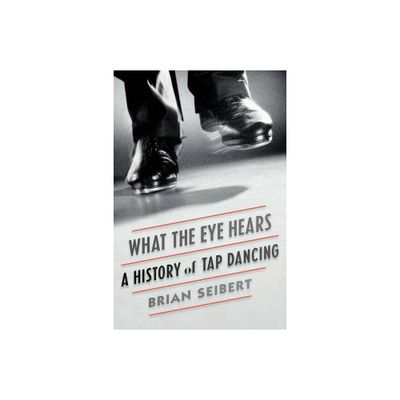Home
What the Eye Hears: A History of Tap Dancing
Loading Inventory...
Barnes and Noble
What the Eye Hears: A History of Tap Dancing
Current price: $35.00


Barnes and Noble
What the Eye Hears: A History of Tap Dancing
Current price: $35.00
Loading Inventory...
Size: Hardcover
*Product Information may vary - to confirm product availability, pricing, and additional information please contact Barnes and Noble
The first authoritative history of tap dancing, one of the great art formsalong with jazz and musical comedycreated in America
What the Eye Hears offers an authoritative account of the great American art of tap dancing. Brian Seibert, a dance critic for
The New York Times
, begins by exploring tap's origins as a hybrid of the jig and clog dancing and dances brought from Africa by slaves. He tracks tap's transfer to the stage through blackface minstrelsy and charts its growth as a cousin to jazz in the vaudeville circuits. Seibert chronicles tap's spread to ubiquity on Broadway and in Hollywood, analyzes its decline after World War II, and celebrates its rediscovery and reinvention by new generations of American and international performers. In the process, we discover how the history of tap dancing is central to any meaningful account of American popular culture.
This is a story with a huge cast of characters, from Master Juba through Bill Robinson and Shirley Temple, Fred Astaire and Ginger Rogers, and Gene Kelly and Paul Draper to Gregory Hines and Savion Glover. Seibert traces the stylistic development of tap through individual practitioners and illuminates the cultural exchange between blacks and whites, the interplay of imitation and theft, as well as the moving story of African Americans in show business, wielding enormous influence as they grapple with the pain and pride of a complicated legacy.
What the Eye Hears
teaches us to see and hear the entire history of tap in its every step.
What the Eye Hears offers an authoritative account of the great American art of tap dancing. Brian Seibert, a dance critic for
The New York Times
, begins by exploring tap's origins as a hybrid of the jig and clog dancing and dances brought from Africa by slaves. He tracks tap's transfer to the stage through blackface minstrelsy and charts its growth as a cousin to jazz in the vaudeville circuits. Seibert chronicles tap's spread to ubiquity on Broadway and in Hollywood, analyzes its decline after World War II, and celebrates its rediscovery and reinvention by new generations of American and international performers. In the process, we discover how the history of tap dancing is central to any meaningful account of American popular culture.
This is a story with a huge cast of characters, from Master Juba through Bill Robinson and Shirley Temple, Fred Astaire and Ginger Rogers, and Gene Kelly and Paul Draper to Gregory Hines and Savion Glover. Seibert traces the stylistic development of tap through individual practitioners and illuminates the cultural exchange between blacks and whites, the interplay of imitation and theft, as well as the moving story of African Americans in show business, wielding enormous influence as they grapple with the pain and pride of a complicated legacy.
What the Eye Hears
teaches us to see and hear the entire history of tap in its every step.


















